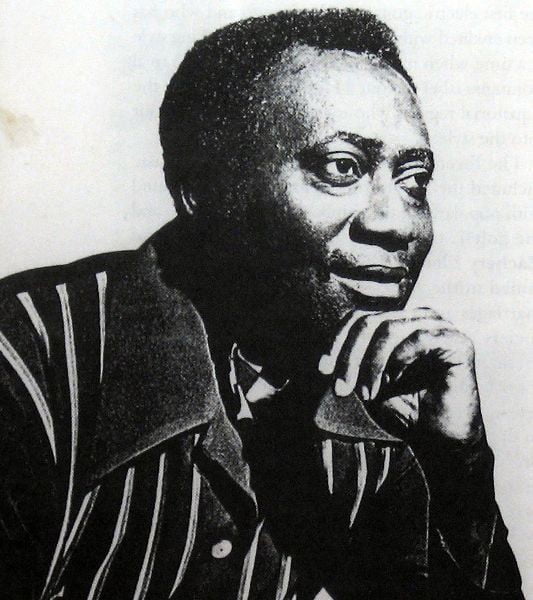
Le Grand Kallé: A Congolese Musical Icon
Le Grand Kallé, also known as Joseph Kabasele Tshamala, was a legendary figure in the world of African music. Born on December 16, 1930, in Matadi, Belgian Congo (now the Democratic Republic of the Congo), Le Grand Kalle’s impact on the music scene is still felt today.
Early Life and Background
Le Grand Kallé’s early life was marked by a deep connection to music. Growing up in a culturally rich environment, he developed a passion for traditional Congolese rhythms and melodies.
Musical Career
Le Grand Kallé’s musical career took off in the 1950s when he formed the band “African Jazz”. This group played a pivotal role in popularizing Congolese Rumba, a genre that blended traditional African Music with Cuban rhythms. The band gained widespread recognition, and Le Grand Kalle’s charismatic stage presence and soulful voice became synonymous with the burgeoning African music scene.
Musical Influence
Le Grand Kallé’s musical influence extended beyond his immediate success. He played a crucial role in shaping the sound of modern African Music, inspiring generations of musicians across the continent. His fusion of diverse musical elements created a unique style that resonated with audiences far and wide.
Political Influence
Aside from his musical contributions, Le Grand Kalle also had a political influence. During a period of political upheaval in the Democratic Republic of the Congo, his music became a voice for the people, addressing social and political issues. He used his platform to advocate for positive change and became a symbol of resistance against oppression.
Impact on the DRC
Le Grand Kallé’s impact on the Democratic Republic of Congo cannot be overstated. His music not only entertained but also served as a unifying force during challenging times. The rhythms of African Jazz became anthems of hope, resilience, and a celebration of Congolese identity.
In conclusion, Le Grand Kallé’s legacy as a musical and political icon continues to reverberate through the vibrant sounds of African music. His contributions have left an indelible mark on the cultural tapestry of the Democratic Republic of Congo and the broader African continent.




Pingback: Tribute To TABU LEY Rochereau - KINSHASA | Mawalking Radio
Pingback: Lucie Eyenga: A Pioneer of African Rumba |